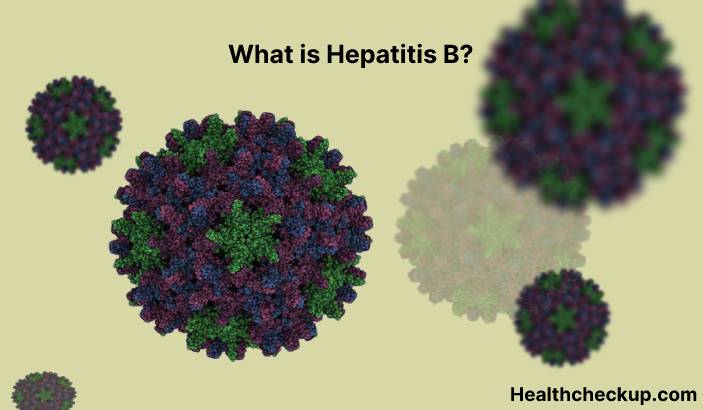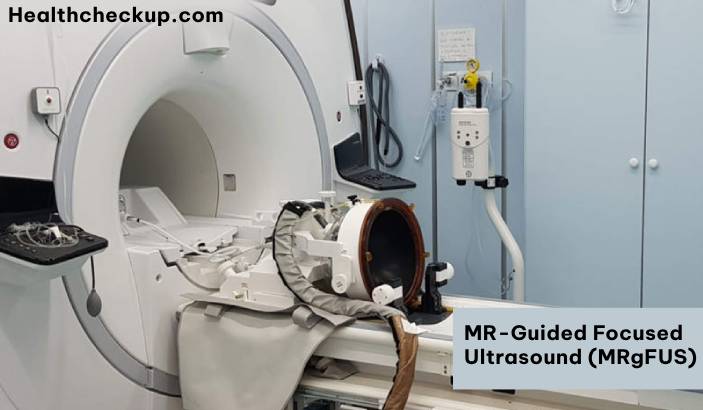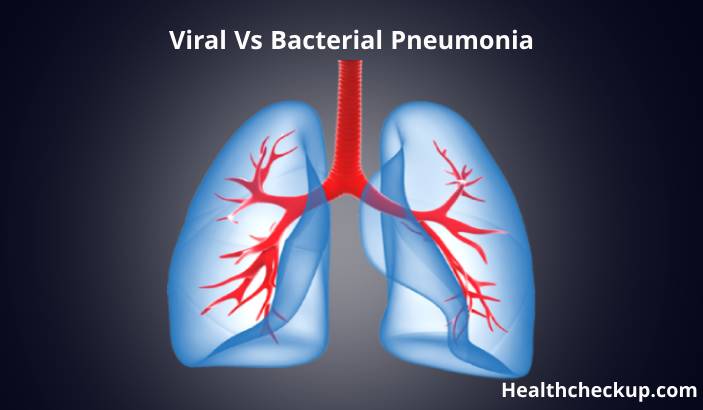Hepatitis B is a viral infection that affects the liver and is transmitted through contact with infected blood, semen, or other body fluids. It can be spread through sexual contact, sharing needles or other injection drug equipment, and from mother to child during childbirth.
Symptoms of hepatitis B may include fever, fatigue, loss of appetite, nausea, vomiting, abdominal pain, and yellowing of the skin and whites of the eyes (jaundice). These symptoms may appear one to four months after exposure to the virus and can last for several weeks or months. Some people with hepatitis B will recover fully, but others may develop chronic hepatitis, which can lead to liver damage, cirrhosis, and liver cancer.
Hepatitis B is diagnosed through a blood test that detects the presence of the virus or antibodies to the virus. There is no specific treatment for hepatitis B, and most people will require hospitalization to receive supportive care, such as oxygen therapy, medications to control fever and pain, and fluids to prevent dehydration. In severe cases, a liver transplant may be necessary.
To prevent hepatitis B infection, it is important to practice safe sex, including using condoms and avoiding sexual contact with multiple partners. It is also important to avoid sharing needles or other injection drug equipment, and to get tested for the virus if you have been exposed to it.
A vaccine is available to prevent hepatitis B infection. The vaccine is recommended for people who are at high risk of contracting the virus, such as healthcare workers, men who have sex with men, and people with certain underlying medical conditions. The vaccine is given in three doses, with the second and third doses given one and six months after the first dose.
In conclusion, hepatitis B is a viral infection that affects the liver and is transmitted through contact with infected blood, semen, or other body fluids. Symptoms of hepatitis B may include fever, fatigue, loss of appetite, nausea, vomiting, abdominal pain, and jaundice. Some people with hepatitis B will recover fully, but others may develop chronic hepatitis, which can lead to liver damage, cirrhosis, and liver cancer. To prevent hepatitis B infection, it is important to practice safe sex and to avoid sharing needles or other injection drug equipment, and to get vaccinated.









